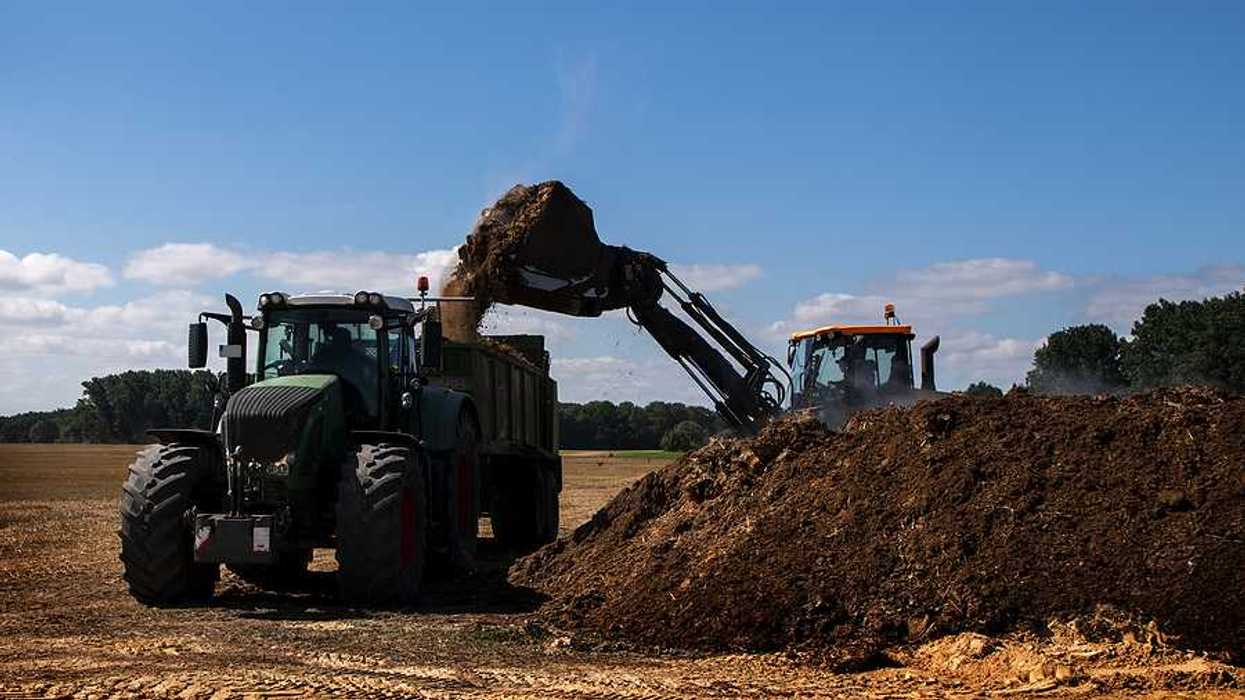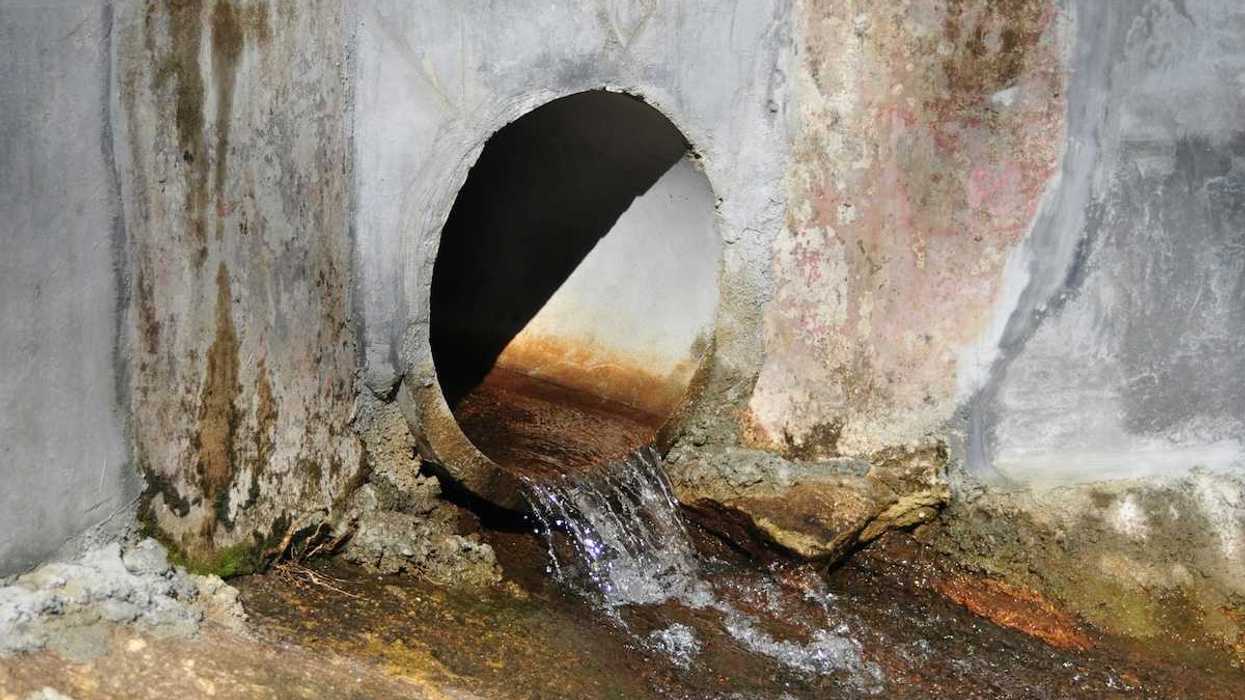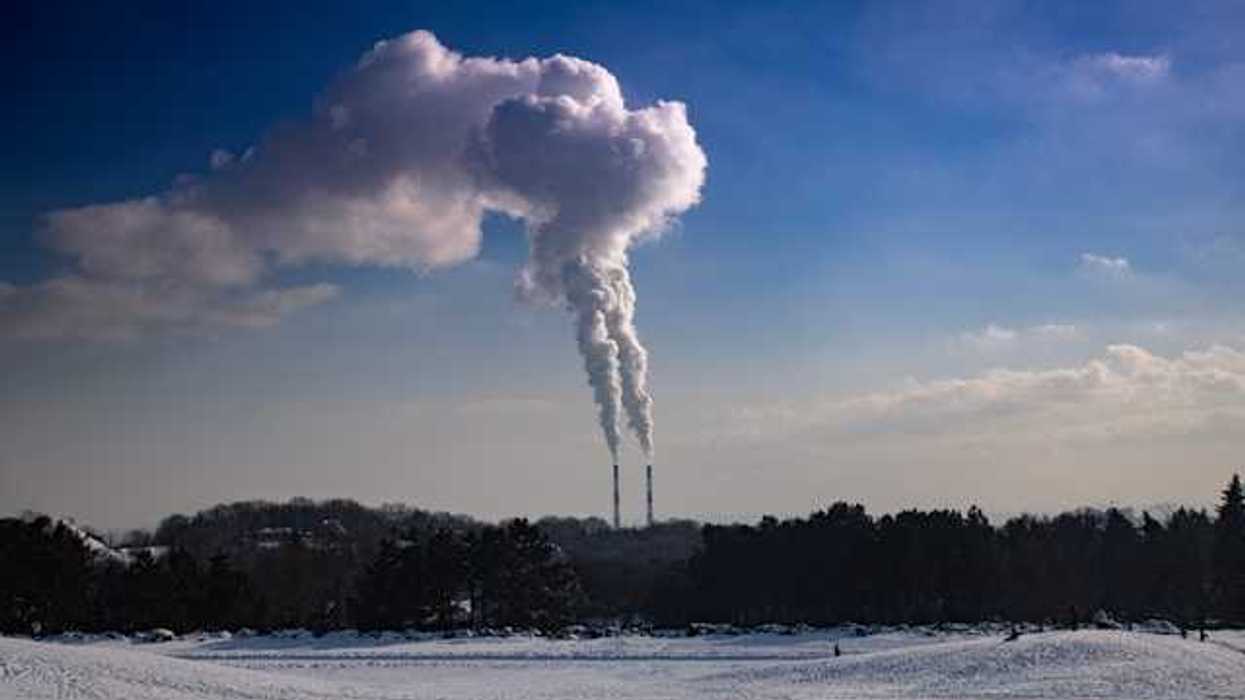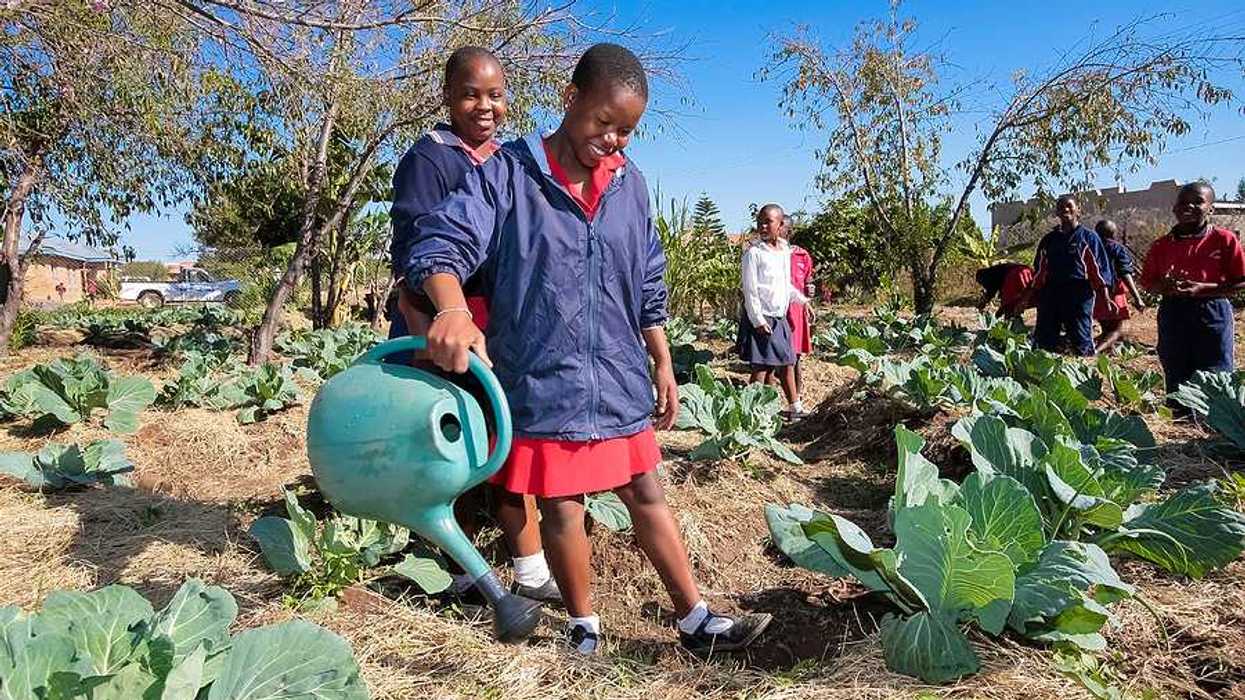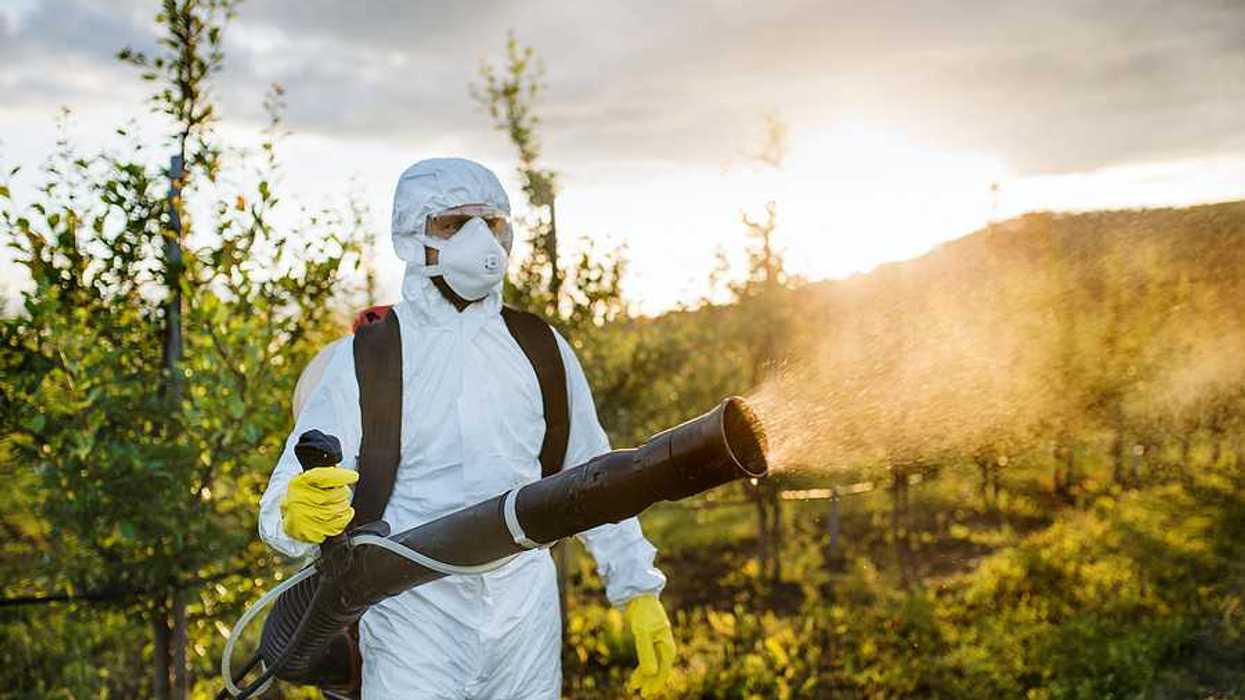In Michigan, a farm's encounter with PFAS contamination has led to a partnership aiming to clear pollution and reclaim farmland.
Carol Thompson reports for The Detroit News.
In short:
- After PFAS contamination from wastewater sludge, Grostic Cattle Co. faced closure, impacting both the land and the owner's future in agriculture.
- A new partnership with Michigan State University aims to study PFAS movement through soil and livestock, hoping to find viable remediation strategies.
- The research could offer insights into managing PFAS in agriculture, potentially benefiting farmers nationwide.
Key quote:
"As long as there's PFAS in this soil, there will always be a seizure notice here. I'll never be in agriculture again."
— Jason Grostic, farm owner
Why this matters:
Wastewater treatment plants collect and treat sewage and industrial wastewater, which can contain PFAS from various sources. During the treatment process, PFAS are often not fully broken down or removed, leading to their accumulation in the treated wastewater and sludge.


